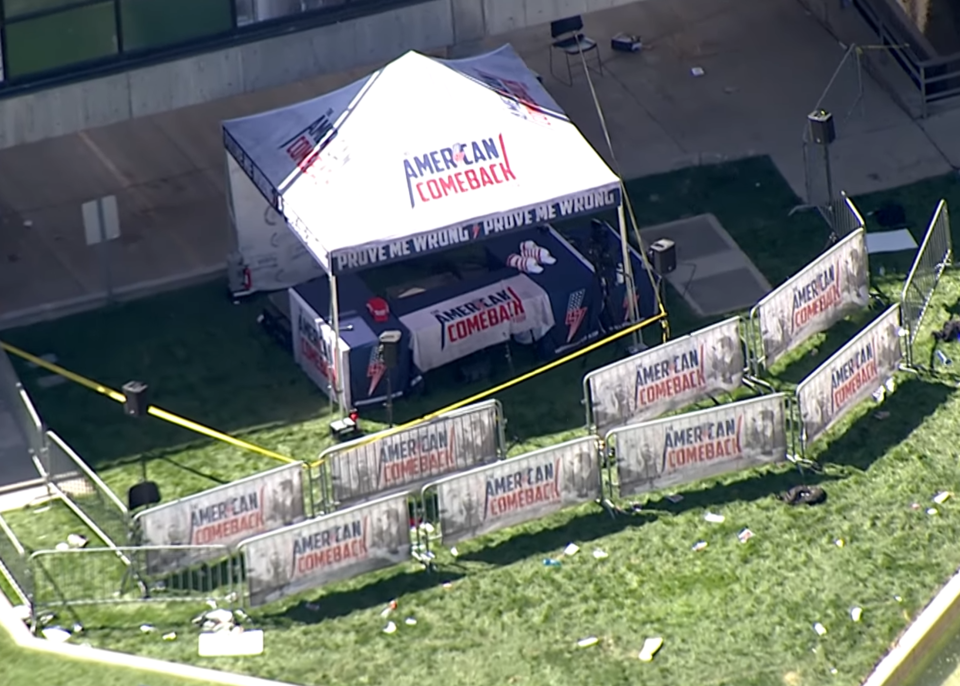
The assassination of Charlie Kirk—political activist, campus organiser of the American right, and podcaster bound with his umbilical cord to Donald Trump and the MAGA movement—must be understood not only as a personal tragedy but as a mirror held up to the fractured face of our age. It recalls other American assassinations, but the echo is distorted, the resonance altered by the different air we breathe today.
This was not a random act, not the private act of revenge that ended John Lennon’s life, nor the killing of Brian Thompson, CEO of UnitedHealthcare, in New York last year. This was, seemingly—one way or another—deliberate and political, staged upon the most public of platforms: a university campus. Kirk, however reactionary, however devoutly tethered to the rightward edge of the MAGA movement, chose to bring his arguments into the arena, to stand where his opponents could face him, answer him, even dismantle him. His assassination silences not only his voice but the very possibility of dialogue. In striking him down, the assassin struck also at his adversaries, for they too lost the chance to confront him in debate.
Here lies the true danger: that American politics, already split by a widening chasm, will recoil from dialogue altogether. Bullets replace words; argument is displaced by fear. What follows is not persuasion, but polarisation.
The act is also a dark prophecy of what may come. In the past, assassinations brought nations into mourning and solidarity, at least for a moment—Kennedy’s cortege, King’s funeral, Robert Kennedy’s body carried by train through a weeping land. Today, there is no such centre of grief or solidarity. Instead, social media and their owners divide the wound; salt is poured from every faction. Some even cheer his death, justifying it with a thousand caveats, a chorus of ‘buts’. It is a terrible sign: when political murder is weighed on scales of partisan satisfaction, when people write, without shame, that he deserved it.
No one deserves it. Yes, we know what Kirk stood for: denying the existence of systemic racism and the subjugation of women to their husbands. He wanted to inflame the culture war and believed that the separation of church and state was a lie made up by secular humanists. He referred to the LGBT community as a ‘social contagion’ and a danger to children. But no one deserves to be shot down for what they believe or argue, however despicable. We who live under violence know this too well: Iranians beaten and killed for raising their voices; Gazans gunned down while waiting for water; refugees drowned while fleeing war; aid workers bombed at sea. Violence corrodes everything. It spares no camp, no ideology, no border.
The killing of Charlie Kirk will feed extremism, deepen the trenches, and shrink the fragile ground where civil speech once grew. It will harden Trump’s movement, which will take it as proof that their lives are hunted. It will be used as a platform to drive right-wing activists into greater militancy, left-wing critics into further suspicion, and politicians of all persuasions into guarded silence or compliance. It undercuts dissent. The risk is that America enters a cycle in which assassination itself becomes the currency, where the bullet is mistaken for an argument.
And once the centre collapses, what remains? Yeats foresaw this in lines that feel written for us:
Turning and turning in the widening gyre
The falcon cannot hear the falconer;
Things fall apart; the centre cannot hold;
Mere anarchy is loosed upon the world,
The blood-dimmed tide is loosed, and everywhere
The ceremony of innocence is drowned;
The best lack all conviction, while the worst
Are full of passionate intensity.
We stand at the edge of such an unravelling. If assassination becomes permissible—excused, used, explained away, or even celebrated—then the ceremony of innocence, as Yeats named it, truly drowns.
What is needed now is not agreement with Kirk’s politics, as Trump demands, but a unanimous rejection of his murder. Freedom of speech, freedom of protest, freedom of thought—these must be defended, fiercely, everywhere: in the campuses, from Goldsmiths to Utah, from town hall meetings to news conferences, where journalists should be able to ask questions without fear of arrest, to Parliament Square in London to protest criminalisation of dissent, and on a boat bringing food to the starving. Without these freedoms, we surrender not only to violence and to those who hold the gun, but to the death of political activity and the right to dissent itself.
Related reading
Donald Trump, political violence, and the future of America, by Daniel James Sharp


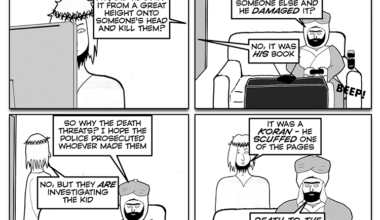
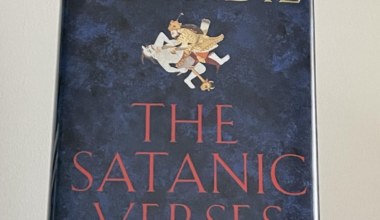
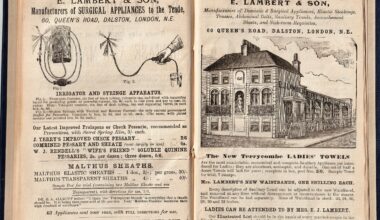


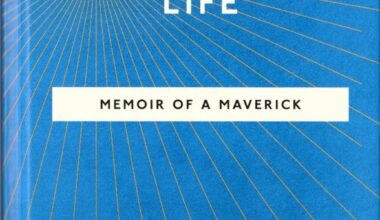
Your email address will not be published. Comments are subject to our Community Guidelines. Required fields are marked *
Donate